Cell Reproduction -> obtaining
Obtaining
Obtaining refers to the process of acquiring or gaining something. In science, obtaining involves obtaining experimental data, specimens, or samples for analysis and study. This process is crucial in scientific research as it provides the basis for making observations, conducting experiments, and drawing conclusions.
Methods of Obtaining
There are several methods of obtaining in scientific research:
- Observation: This involves using the senses to gather information about a phenomenon or object.
- Experimentation: Conducting controlled experiments to gather data and test hypotheses.
- Sampling: Collecting representative samples from a larger population for analysis.
- Data Collection: Using instruments and tools to measure and record data.
- Field Work: Collecting specimens, samples, or data directly from natural environments.
Study Guide
Here are some key points to remember when studying the topic of obtaining:
- Understand the importance of obtaining in scientific research.
- Be familiar with the different methods of obtaining, including observation, experimentation, sampling, data collection, and field work.
- Practice identifying scenarios where each method of obtaining would be most applicable.
- Review specific examples of how obtaining is used in different scientific fields, such as biology, chemistry, physics, and environmental science.
- Consider the ethical considerations and best practices for obtaining specimens and data in scientific research.
◂Science Worksheets and Study Guides Seventh Grade. Cell Reproduction
Study Guide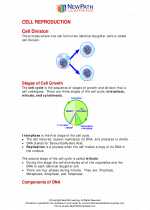 Cell Reproduction
Cell Reproduction  Activity Lesson
Activity Lesson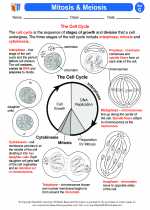 Mitosis & Meiosis
Mitosis & Meiosis  Worksheet/Answer key
Worksheet/Answer key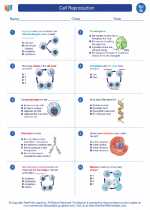 Cell Reproduction
Cell Reproduction  Worksheet/Answer key
Worksheet/Answer key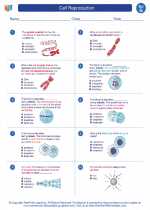 Cell Reproduction
Cell Reproduction  Worksheet/Answer key
Worksheet/Answer key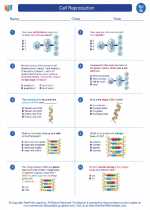 Cell Reproduction
Cell Reproduction  Vocabulary/Answer key
Vocabulary/Answer key Cell Reproduction
Cell Reproduction  Vocabulary/Answer key
Vocabulary/Answer key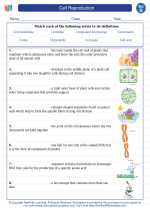 Cell Reproduction
Cell Reproduction  Vocabulary/Answer key
Vocabulary/Answer key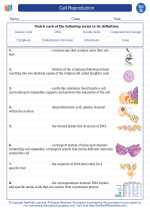 Cell Reproduction
Cell Reproduction  Vocabulary/Answer key
Vocabulary/Answer key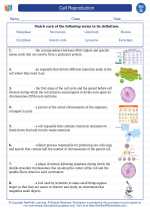 Cell Reproduction
Cell Reproduction  Vocabulary/Answer key
Vocabulary/Answer key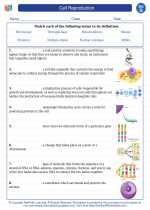 Cell Reproduction
Cell Reproduction  Vocabulary/Answer key
Vocabulary/Answer key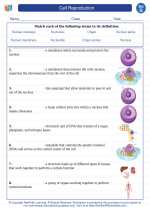 Cell Reproduction
Cell Reproduction  Vocabulary/Answer key
Vocabulary/Answer key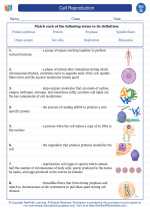 Cell Reproduction
Cell Reproduction  Vocabulary/Answer key
Vocabulary/Answer key Cell Reproduction
Cell Reproduction 

 Activity Lesson
Activity Lesson
 Worksheet/Answer key
Worksheet/Answer key
 Worksheet/Answer key
Worksheet/Answer key
 Worksheet/Answer key
Worksheet/Answer key
 Vocabulary/Answer key
Vocabulary/Answer key
 Vocabulary/Answer key
Vocabulary/Answer key
 Vocabulary/Answer key
Vocabulary/Answer key
 Vocabulary/Answer key
Vocabulary/Answer key
 Vocabulary/Answer key
Vocabulary/Answer key
 Vocabulary/Answer key
Vocabulary/Answer key
 Vocabulary/Answer key
Vocabulary/Answer key
 Vocabulary/Answer key
Vocabulary/Answer key

The resources above cover the following skills:
LIFE SCIENCE
From Molecules to Organisms: Structures and Processes
Gather and synthesize information to explain how prokaryotic and eukaryotic cells differ in structure and function, including the methods of asexual and sexual reproduction.